
With the presidential election just around the corner, let's revisit some of our past episodes around elections, democracy, and politics in general. We think you'll find it striking just how relevant these discussions still are today.
During the last presidential election, we took a step back from the horse race to examine three broader issues related to the American electoral system: the duty to vote, the two-party system, and the effects of money in politics. None of these is less pertinent this time around, even if they do seem dwarfed by this year's crises.
A decade earlier, John and Ken recorded an episode on Capitol Hill with Stanford Law Professor Kathleen Sullivan about some of the basic architecture of the American government, namely the Separation of Powers into three co-equal branches of the federal government.
More recently, John and Ken spoke to renowned political scientist Francis Fukuyama about the crises in our political system that not only pre-date those associated with the current administration but could be traced back to the very design of our democracy.
One issue that's received more attenton in recent years, especially since the Supreme Court's Citizens United decision in 2010, involves the influence of corporations on our political system. In 2012 John and Ken spoke with former U.S. Senator Russ Feingold to find out just what effects the modern corporation has on our democracy.
In 2016, John and Ken explored some of the ideals still present in American political thought, more specifically the philosophy of John Dewey, who was the single most influential American philosopher during his lifetime.
We also include for your consideration a brief except from Ken’s book, Farewell to the Republic We Once Dreamt Of, as a blog entry; a link to his article, The Will of the People, in which he advocates for the abolition of the electoral college; and a link to a video recording of a half day conference on Trump, Philosophy, and American Politics in which Ken and others sound the alarm about the current state of the republic. It’s all worth listening to, but if you want to skip to Ken’s bit, it begins at about the 1:57:00 mark.
Happy listening, and please share your thoughts with us in the comments section below!
Elections and Democracy
| Episode Title | Guest | Related Content | ||
|---|---|---|---|---|
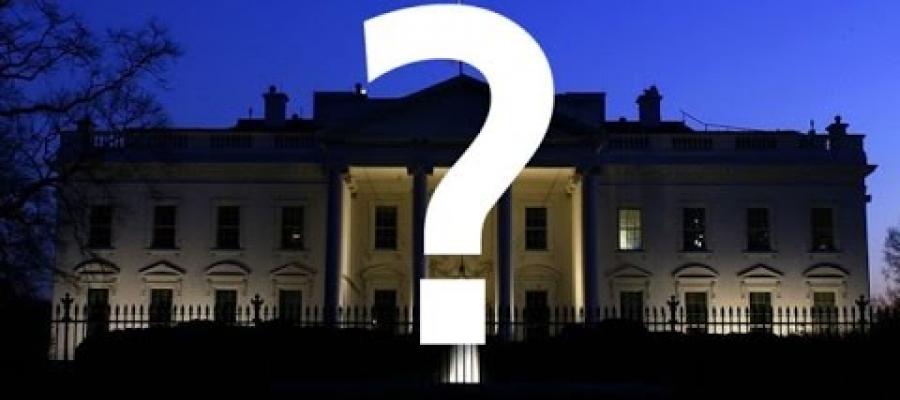 | Election Special | Emilee Chapman, Professor of Political Science, Stanford University Robert Reich, Former US Labor Secretary Elaine Kamarck, Senior Fellow in Governance Studies, The Brookings Institution | Election Special 2016 – Uncut | |
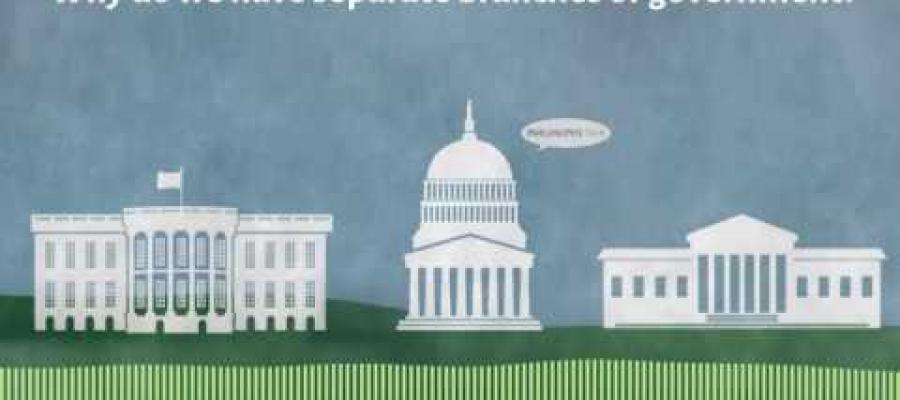 | Separation of Powers | Kathleen M. Sullivan, Stanley Morrison Professor of Law, Stanford University | Separation of Powers and the Charismatic Presidency | |
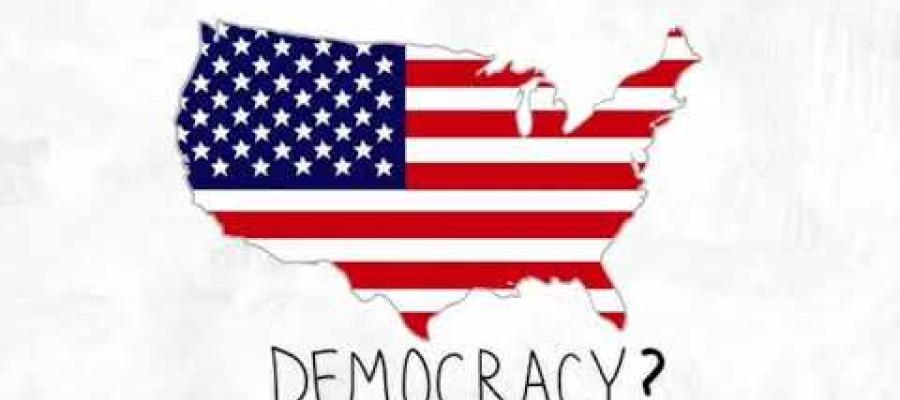 | Democracy in Crisis | Francis Fukuyama, Senior Fellow, Freeman Spogli Institute for International Studies | Democracy in Crisis | |
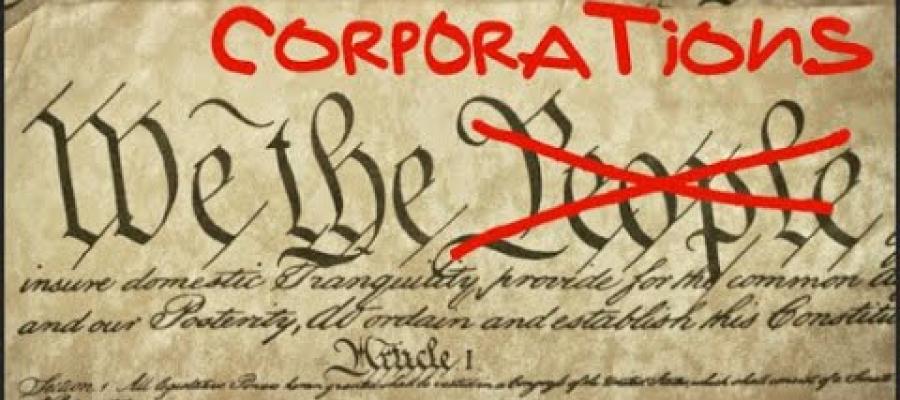 | Corporations and the Future of Democracy | Former United States Senator Russell Feingold | Corporations and the Future of Democracy | |
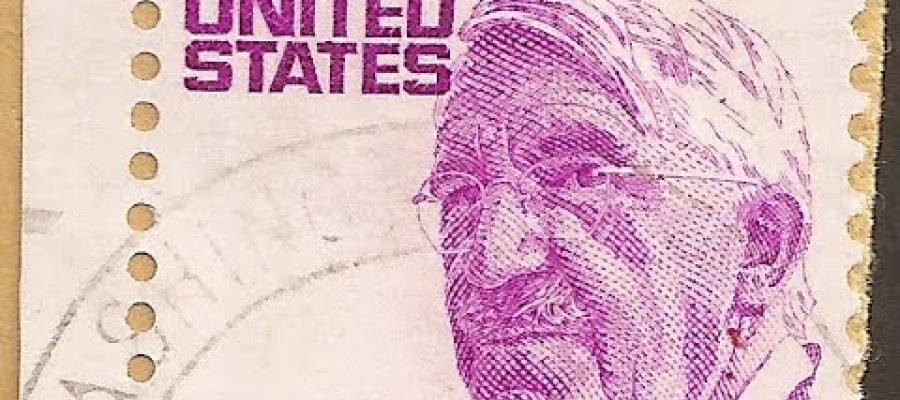 | John Dewey and the Ideal of Democracy | Melvin Rogers, Professor of Political Science and of African American Studies, UCLA | Dewey's Democracy |

Comments (1)
RepoMan05
Friday, October 23, 2020 -- 5:09 PM
DisgustingI think it's abundantly clear neither party has any interest in laying wedge issues to rest. The so called "democracy party," would never let a wedge issue like abortion actually be up to the peoole. No, you have to go trough them to finally put recurring wedge issues to rest, which they never would do. Without wedge issues the so called democracy party, would cease to exists in less than a decade.
How would you do it? Firstly, you'd slap anyone who made any excuses not to do it. Then you'd put abortion up to a nation wide women's only vote. Which would of course be relegated to each state since prostitution heavy places like California would certainly still want keep it while midwest states likely would not.
Some might object that men should have some say in the goings on of someone elses body... well first maybe put that up to a nation wide vote without the possibility of states rights since it's firm legal precedented that you dont. Your rights end at the end of your own nose.
Abortion rights were never penned and so its still up for contention. Your rights ending at the end of your nose certainly was in written form by culmination and by the ink in which all written rights were actually penned in the first place. Citation, free speech.